De Montfort University Leicester (DMU) is committed to supporting the United Nations’ Sustainable Development Goals to ensure all people enjoy peace and prosperity by 2030.
The 17 objectives aim to improve a broad range of ecological and humanitarian issues including poverty, hunger, health, education, climate change and social justice. And, as part of its work as the lead HE institute in the UN’s Together campaign, DMU is leading partners in universities and organisations around the world to address each goal through pioneering research, community work and academic excellence.
Our researchers are working with partners in universities and organisations around the world to address some of the planet’s most pressing challenges.
In a new series of interviews, academics from DMU’s Leicester Castle Business School and Leicester De Montfort Law School discuss their work supporting key sustainable goals, including modern slavery; sustainable communities; education; fair working conditions and environmental challenges.
Goal 4: Quality education
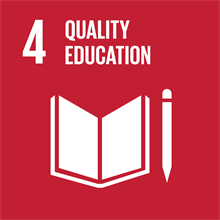
Dr Nceku Nyathi - management lecturer
Dr Nceku Nyathi was part of a United Nations project to create a series of modules designed to help university students to explore, discuss and learn about ethics and integrity. The modules can be used with any subject and are now being trialled at 70 universities around the world. Students learn what makes decisions ethical and unethical, to act from a values-driven standpoint and examine how famous ethical minefields could have been avoided.
Listen to an interview here
Download the transcript here
Goal 8: Decent work and economic growth
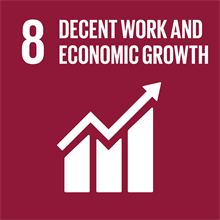
Dr Adam Fishwick - Urban Studies and Public Policy senior lecturer
Dr Anita Hammer - Comparative and International HRM senior lecturer
Low wages, poor working conditions, no workers’ rights – it’s the day to day experience for millions of people around the world. Dr Fishwick and Dr Hammer research workers’ experiences in Latin America and the global south respectively. They’ve found examples of workers’ co-operatives that have done better than the bosses, and uncovered the extent to which companies in the global south exploit disadvantaged groups for labour. They have created a network of scholars whose work examines the enablers and barriers of decent work to try to improve prospects for all.
Listen to an interview here
Download the transcript here
Goal 10: Reduced inequalities
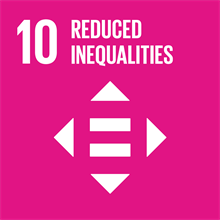
Professor Dave Walsh - Criminal Investigation professor
Global reports on slavery estimate that more than 40 million people are trapped in slavery worldwide. In Britain, the figure is around 11,000 to 13,000. Professor Dave Walsh is working with postgraduate students, police and businesses to set up action-driven partnerships to effectively tackle what he calls “a real evil”. He is campaigning for partnerships to adopt a model of working which creates actions and delivers results, and has worked with police to set up a new Leicestershire partnership this month.
Listen to an interview here
Download the transcript here
Goal 11: Sustainable cities
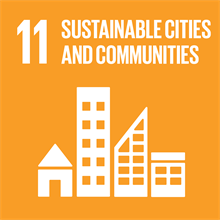
Dr Louise Obara - Business and Management lecturer
The relationship between extractive mining companies and local communities has often been tense and in some cases has led to conflict and violent clashes. Dr Obara’s work has been to investigate and study these relationships, highlight good and bad practice and develop suggestions for ways to create a more sustainable future. Her research in Ghana highlighted what happened when companies’ efforts to create “sustainable livelihoods” for residents backfired and suggested a way round the problem.
Listen to an interview here
Download the transcript here
Goal 17: Partnerships for the goals
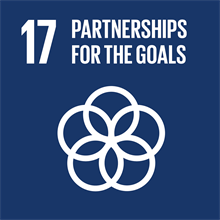
Dr Ohio Omiunu - Law lecturer
A barrister and solicitor of the Supreme Court in Nigeria, Dr Omiunu’s work seeks to discover what barriers are unwittingly keeping businesses in developing countries from benefiting from inward investment. In a study of three countries carried out with academic colleagues in Liverpool and Turkey, he found that Government officials were unaware of how new investment laws could help them to promote and champion businesses. Now he is aiming to use the findings to drive and influence policy change.
Listen to an interview here
Download the transcript here
This week, our students are playing their part by supporting the #JoinTogether network, a group of global universities, led by DMU, set up in January to use academic knowledge and research, along with the ideas, enthusiasm and passion of their students, to support refugees and migrant communities around the world.
On Thursday, at the UN headquarters in New York, a conference will review the progress made by universities over the last six months and encourage debate on the current challenges for safety and dignity faced by refugees in local communities.
Posted on Wednesday 6 June 2018